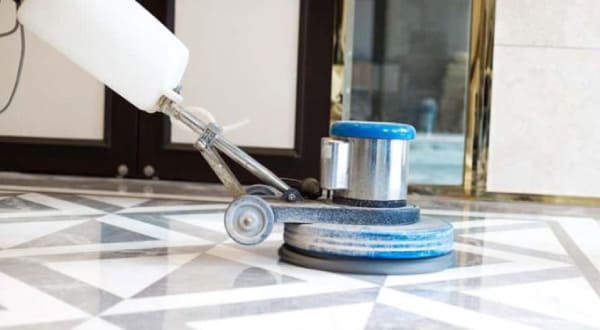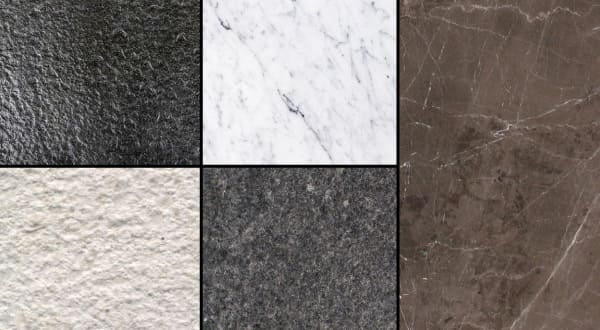Difference between Quartize and Quartz
Many people have always mistaken about these stones for their dream home. While their names are very similar, there is a huge difference between quartzite and quartz.
The main difference being that quartzite is a natural stone and quartz is an engineered stone or man-made stone.
Quartzite: A sandstone, which under a natural process of heat and pressure fused with sparkly quartz crystals to form quartzite.
Quartz: Engineered with the same quartz crystals found in quartzite, but binds the crystals with resins, pigments and other materials such as glass.

Which is more stain, scratch and heat resistant: quartzite or quartz?
Quartz is a word that pops up often when it comes to kitchen countertop. Since quartz is a synthetic type of material, it is non-porous and therefore, resistant to stains, chipping and scratching. However, it has low resistant to heat due to the polymer that can change shape when in contact to high temperature so you need to be very careful when setting down hot pans on quartz kitchen countertop as it will make your countertop to turn yellow over time.
Quartzite on the other hand, is a fairly hard natural stone, but it is less dense than quartz. However, if quartzite is properly sealed, quartzite is more resistant to stains, scratching and better at heat resistance than quartz, making it the ideal choice of material in the kitchen during those moments where you need to just set your hot pot down directly at your kitchen countertop.
Is quartzite countertop harder to clean than quartz countertops?
No, the cleaning process for both quartz and quartzite is the same. Clean both quartzite and quartz using a soft, wet cloth with regular soap.
Does quartzite or quartz countertop etch?
Both quartzite and quartz are not prone to etching. However, if you cook frequently and want to make sure that your countertops are safe from etching, then you might want to consider quartzite. Quartzite will not etch from acids found in household items such as vinegar and lemon juice. However, both quartzite and granite will react to hydrofluoric acid, which is found in some rust removers. Thankfully, hydrofluoric acid is not a common ingredient in household products.




